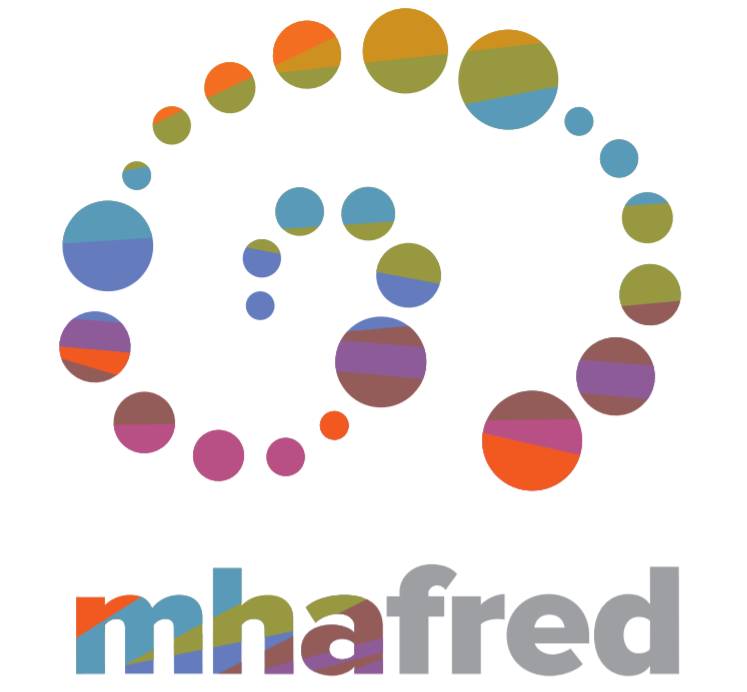Every July, the world comes together to honor the legacy of Bebe Moore Campbell, an influential author, advocate, and trailblazer. At Mental Health America of Fredericksburg, we recognize the unique mental health challenges faced by Black, Indigenous, and people of color (BIPOC) communities. Let’s take some time to discuss why this month is so important.
Why BIPOC Mental Health Matters
Culture, ethnicity, and race significantly impact how individuals experience the world. For BIPOC communities, these factors intersect with mental health in different ways. Historical trauma, systemic racism, and discrimination contribute to disparities in mental well-being. By acknowledging these challenges, we can work toward equitable mental health care.
Breaking Down Stigma
Stigma remains a barrier to seeking help. BIPOC Mental Health Month encourages open conversations about mental health in the BIPOC community. By creating safe spaces for sharing experiences, we empower individuals to seek support without fear of judgment. You will always be met with a friendly voice and a willingness to listen when you call our MHAfred HELPLINE.
Generational Wisdom and Resilience
Generations within BIPOC communities hold valuable wisdom. Elders pass down coping strategies, resilience, and cultural practices that strengthen mental health. Let’s celebrate this intergenerational knowledge and learn from one another.
Taking Action
- Educate: Learn about BIPOC mental health experiences. Understand the impact of historical trauma and systemic inequities.
- Advocate: Support policies that promote mental health equity. Advocate for culturally competent care.
- Listen: Amplify BIPOC voices. Listen to their stories and experiences.
- Share: Use social media to raise awareness. Tag #BIPOCMentalHealth and #BebeMooreCampbell.
- Access Resources: Explore Mental Health America’s BIPOC Mental Health Toolkit for practical resources.
Remember, mental health is a collective responsibility. Let’s stand together, break stigma, and build a more compassionate world for all.
For more information, visit Mental Health America’s BIPOC Mental Health Month page.
If you or someone you know is struggling or in crisis, help is available. Call or text 988 or chat 988lifeline.org. You can also reach Crisis Text Line by texting HELLO to 741741.
2024. 2024 BIPOC Mental Health Toolkit. Mental Health America. BIPOC Mental Health Awareness Month, i.e., BIPOC Mental Health Month | Mental Health America (mhanational.org)
